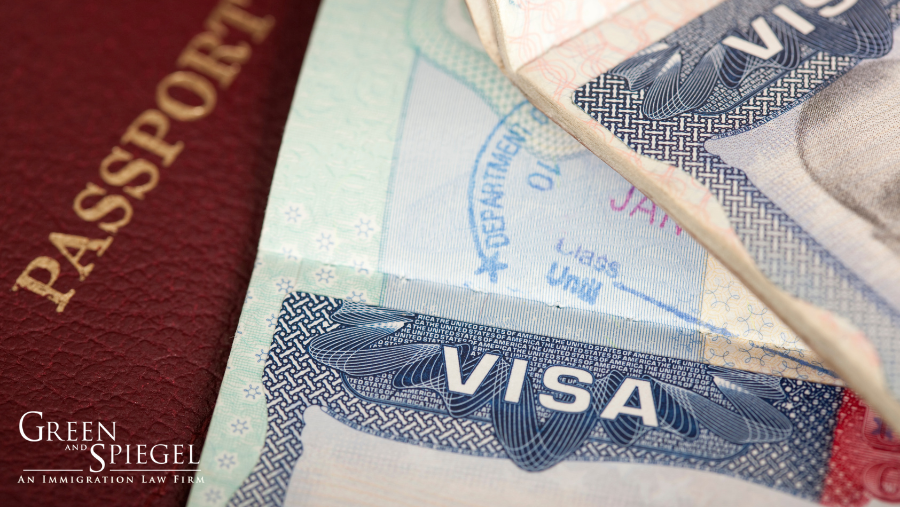On September 14, 2022, Department of Homeland Security (“DHS”), U.S. Citizenship and Immigration Services (“USCIS”) announced that as of Monday, September 12, 2022, it has received enough petitions to fill the 33,000 H-2B visas available for the first half of fiscal year 2023. Cap-subject H-2B petitions requesting employment start dates prior to April 1, 2023 will now be rejected by USCIS.
Now that the first 2023 H-2B cap is reached, USCIS continues to accept H-2B petition under the following qualifications:
H-2B petitions for cap-exempt beneficiaries, which includes
- Change of employer petitions with request to extend stay in H-2B status;
- Out-of-country petitions for beneficiaries who have already been counted against the first 33,000 H-2B Congressional limit for FY2023; and
- Petitions for workers in the fish roe processing industry and labor services in the Commonwealth of Northern Mariana Islands or Guam.
The first fiscal year cap was reached over two weeks earlier than last year, which demonstrates that winter employers with later start dates face a greater risk of not securing out of country workers with each application year. As DHS did for the first time last year, our firm anticipates that additional H-2B visas will be issued by the end of 2022 for U.S. employers seeking to employ workers for positions with start dates of October 1, 2022 through March 31, 2023. For many employers, we understand that such late administrative relief may not be helpful given the short duration of the winter positions. We urge employers to contact their state representative so that additional visas are issued in time to help American businesses in dire need of winter H-2Bs workers.
DHS will issue a public notice several weeks ahead of making the additional visas available, and we anticipate this announcement by no later than mid December 2022. Based historical records, the first fiscal year H-2B cap will hopefully be increased by an estimated 20,000 visas and be limited to returning workers who have held H-2B status in the past three fiscal years. A portion of the visa allotment may also be reserved specifically for nationals of the Northern Triangle countries (Honduras, El Salvador, and Guatemala) and Haiti. Further, an employer petitioning under the supplemental cap will likely have to attest that it will suffer severe financial loss without its requested H-2B workers.
For those seasonal employers who were not accepted under the first H-2B cap, we encourage you to continue with the Department of Labor processing of your temporary labor applications so that certifications are ready for DHS petition filing as soon as the supplemental visas become available for start dates prior to April 1, 2023, or in case you are able to recruit in-country (cap-exempt) workers.




